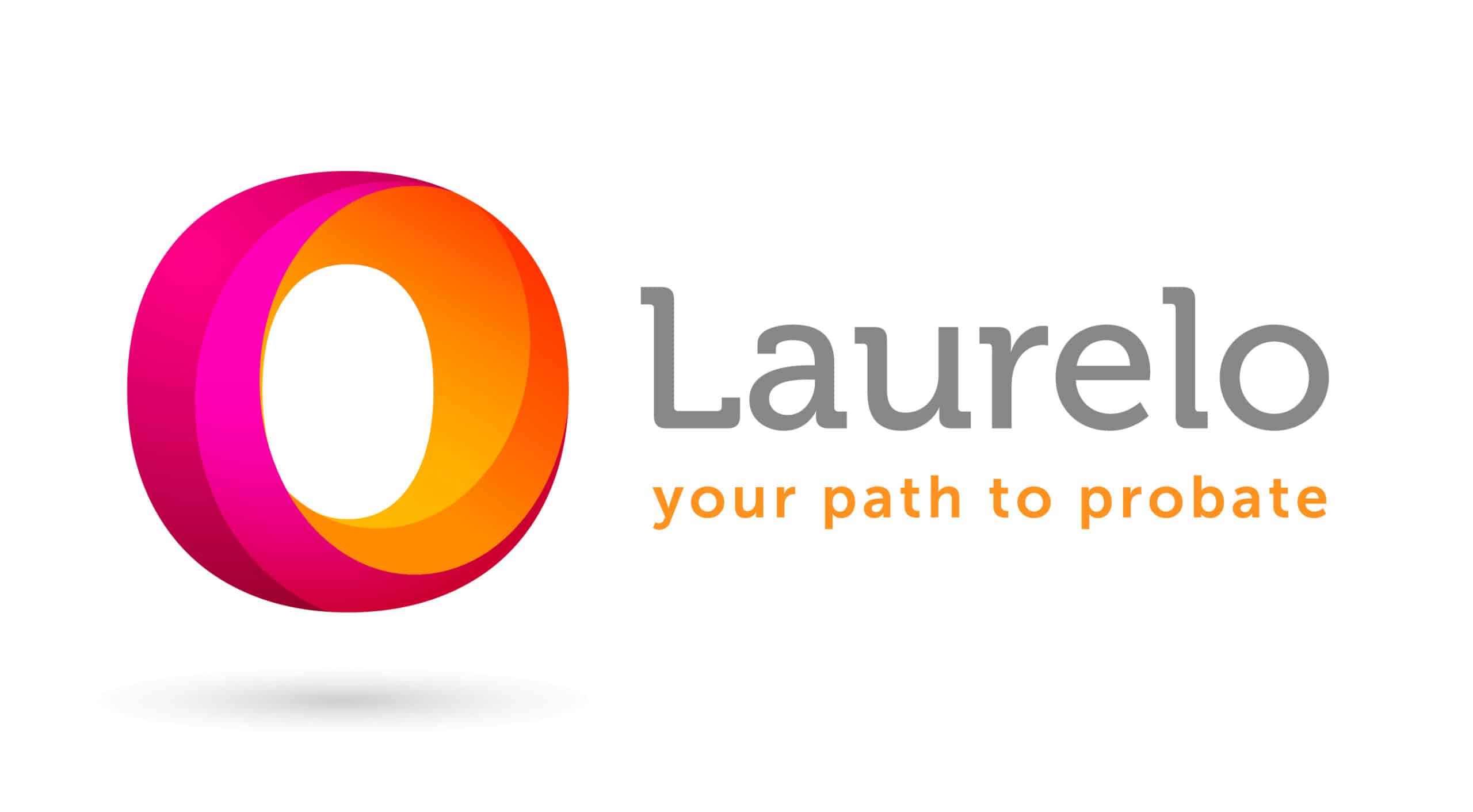When your spouse passes away, the law ultimately decides what happens to their house.
However, the law’s decision depends on several factors.
Let’s look at these factors and how they can affect you.
Probate process
When someone passes away, a probate process exists to manage their estate.
This begins with a Grant of Probate being established and ends with the entire estate being distributed.
How long the probate takes depends on the complexity of the case, which usually means the number of beneficiaries, properties, etc.
There are many questions surrounding probates, including:
- Whether or not someone has the right to live in a property during probate
- Whether or not a probate can be emptied
- What happens to mortgage payments during and after probate
- Exactly how long after probate is granted can property be sold
And more.
Ultimately, the probate will answer these questions (via the executor or administrators appointed to handle it).
Dying without a will
When someone passes away without leaving behind a valid will, it is referred to as intestacy.
An intestacy prioritises beneficiaries of the deceased’s estate in the following order:
- Spouse or civil partner
- Children or grandchildren (blood siblings have equal rights to estates regardless of their relationship with the deceased)
- Parents
So, as the surviving spouse, you should be able to acquire the house as your inheritance.
Definition of spouse
A spouse means a legally married husband or wife.
Some people use the word interchangeably with ‘partner’ (i.e., unmarried boyfriend, girlfriend or fiance). This usage is fine in social contexts, but it’s not accepted in law.
Unmarried partners
If you were not married or in a civil partnership with your partner, you will receive nothing if they do not leave a will.
This rule typically applies regardless of the nature or length of a relationship.
In some exceptional circumstances, unmarried partners can apply for financial provision from the estate.
However, these are case-specific and must be explored with a legal professional.
Joint tenants
If you own a home with your spouse as joint tenants and have a joint bank account, property ownership will automatically be passed directly to you when they pass away.
You can then remain in the home or sell it if you cannot afford any outstanding mortgage.
Tenants in common
As tenants in common, you and your other half would have owned a share of the property each. This could be an even (50/50) or disproportionate split.
If you, as the remaining spouse, are named in the title deeds, you have legal rights to the property regardless of your share.
Married partners
If you were married to your partner you will likely inherit their entire estate, including their property, regardless of any children.
Separated partners
Even if you were separated at the time of death, if you are married but not divorced, you will likely inherit all your ex-partner’s assets.
This is because you are still legally their husband or wife.
Children and grandchildren
If you and your spouse were unmarried and did not leave a will, all assets will be passed on to their children or grandchildren (if they had any).
There have been circumstances in the past where parents have had to sue their children to secure an inheritance for themselves upon the death of a spouse.
If you and your partner were married any children and grandchildren will receive inheritance based upon the law.
Dying with a will
If your spouse has left a will, their wish is legally binding.
However, it may have been shared between yourself and any children or yourself and another beneficiary.
If your spouse left a will but did not detail specifics about your home, the beneficiaries and the executors of the estate will decide what should be done.
Selling inherited property
There are situations where you may want to sell a house you inherited, including:
- It’s too emotional to remain in the home
- The home is too expensive or too much for you to manage
- You would like to downsize
- You require the funds tied up in the house
- You wish to move in with family or friends
Whatever the reason, We Buy Any Home has a friendly team ready to carefully guide you through the selling process.
We can take the stress away from selling your house and buy it within a timeframe that suits you – in as little as seven days if needed.
You can get a cash offer today and we will be in touch within 24 hours.
If you would like professional advice on dealing with probate, Laurelo can help. Learn more about their services here.




















